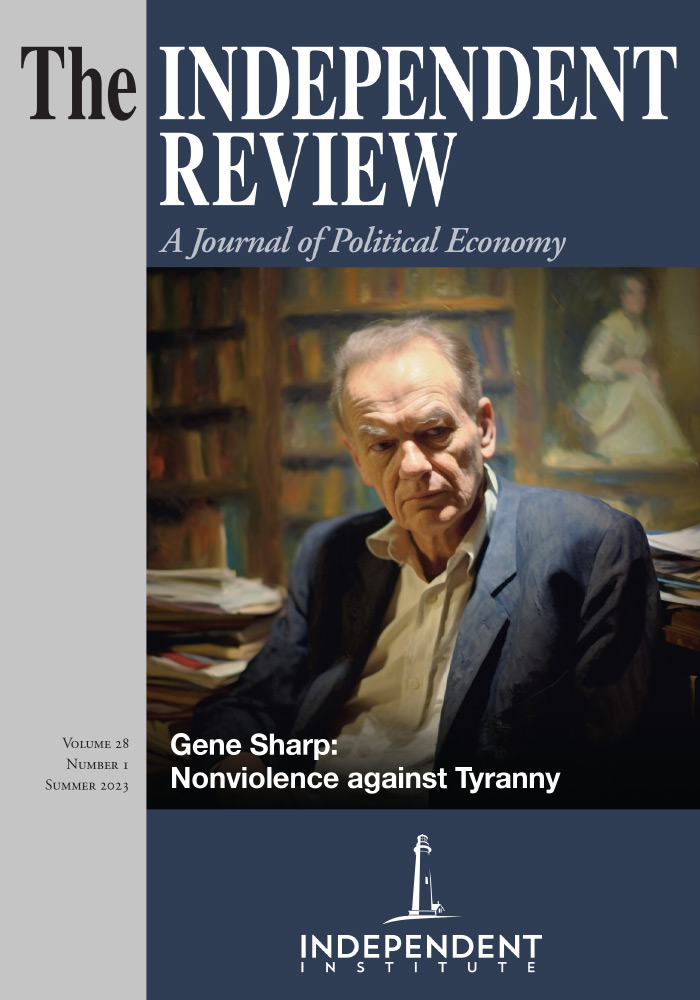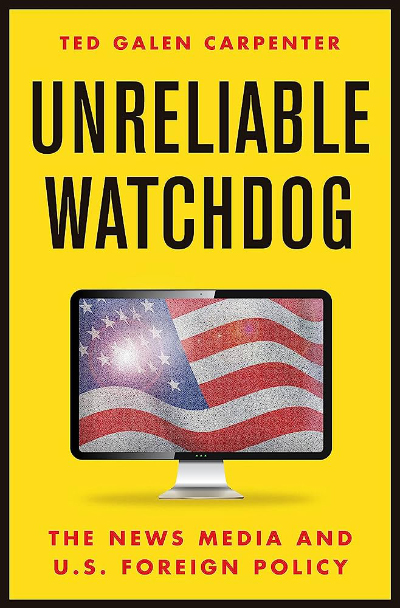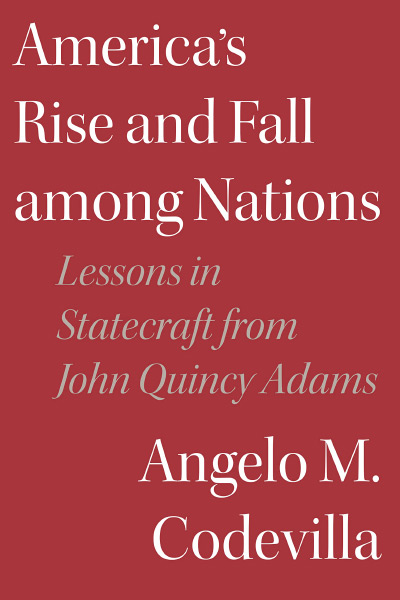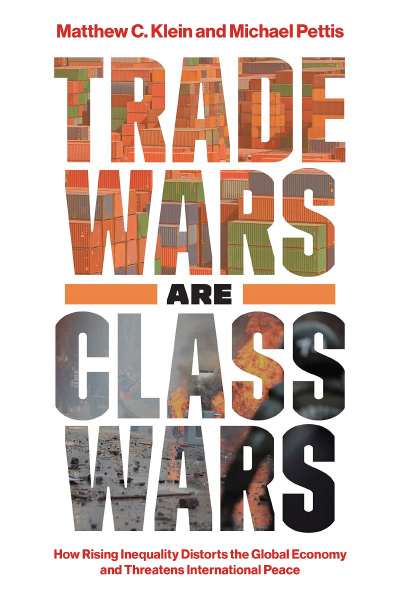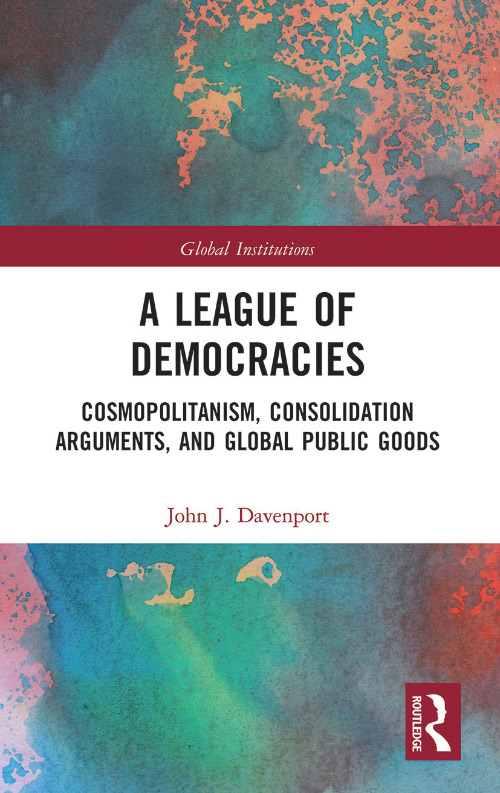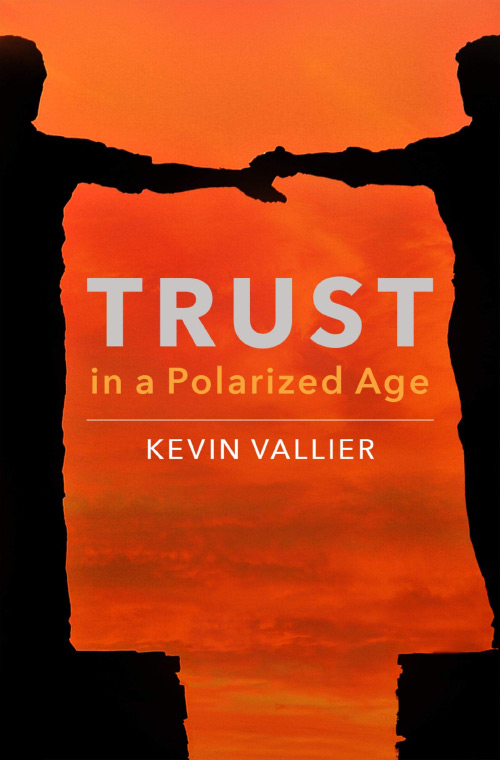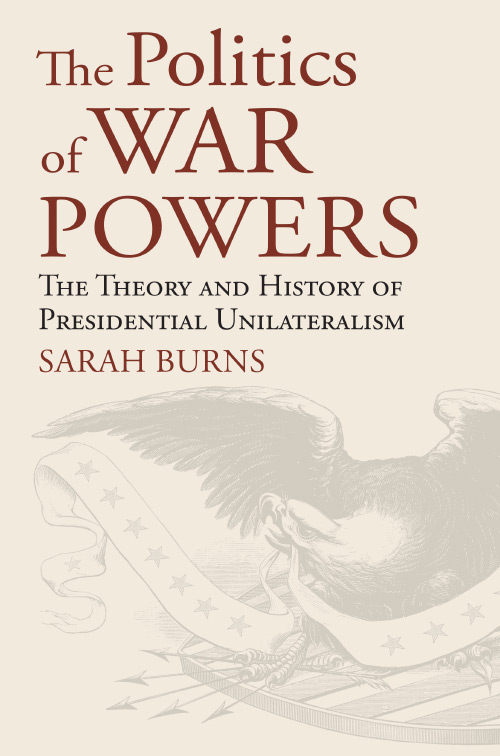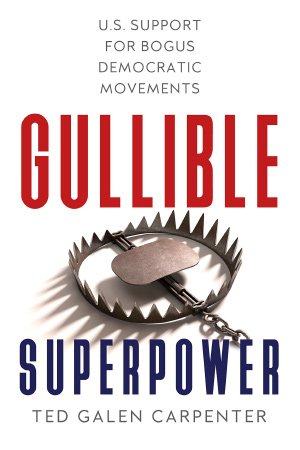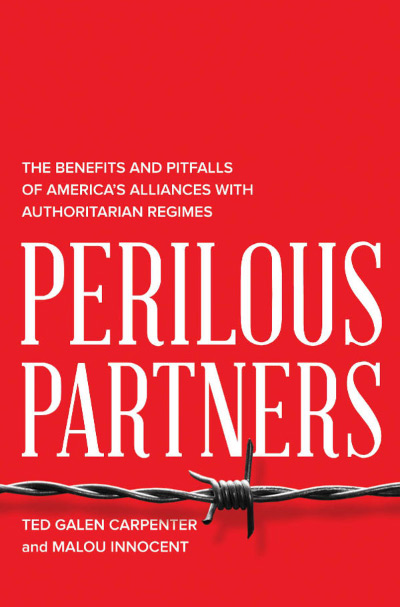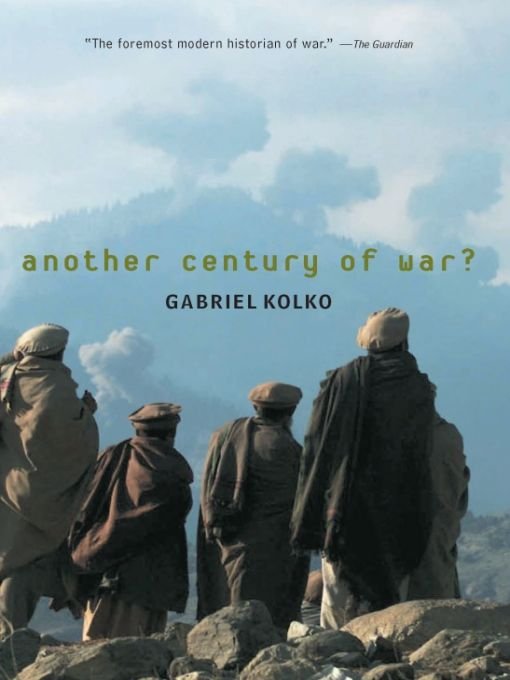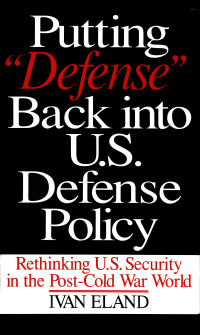In Democracy in America, Alexis de Tocqueville emphasized the importance of media in contributing to social order—“newspapers,” he wrote, “maintain civilization” (Alexis de Tocqueville, 1835–1840 [1988], Democracy in America, New York: Harper Perennial, p. 517). Newspapers were especially important, he noted, because of their reach and ability to create common knowledge among readers. “Only a newspaper” Tocqueville wrote, “can put the same thought at the same time before a thousand readers.... A newspaper is not only able to suggest a common plan to many men; it provides them with the means of carrying out in common the plans that they have thought of for themselves” (pp. 517–518).
Precisely because media-provided information plays such an important role in life, it can be a blessing or a curse. Studies have shown that when government owns the media, citizens are poorer, die younger, have higher infant mortality rates, less access to sanitation, there is more corruption, and less developed capital markets; the reverse is true when media is privately owned (see Simeon Djankov, Caralee McLiesh, Tatiana Nenova, and Andrei Shleifer, 2003, Who Owns the Media? Journal of Law and Economics 46(2): 341–382). The underlying idea is that the state control of media—through direct ownership—reduces oversight of government activities by citizens and watchdog groups. In addition to avoiding public accountability, state ownership also allows the political elite to strategically use the media as a means of pursuing their own narrow ends at the expense of the well-being of the citizenry.
But direct ownership isn’t the only way that governments can influence and control the media. As Ted Galen Carpenter demonstrates in Unreliable Watchdog, indirect control is also a legitimate threat to freedom and democracy. Carpenter’s focus is on the U.S. media’s relationship with the government in matters of foreign policy. In his telling, U.S. journalists have long been intertwined with war propaganda. “As America has become a truly global power with commitments around the world” he writes, “the conflating of journalism and propaganda has grown more extensive and intensive” (p. 1). These entanglements have undermined the role of media as a check on government.
The book is a mix of history and analysis. Carpenter identifies the various channels through which the U.S. media is entangled with the state’s war apparatus, often undermining media independence. In some cases, these entanglements were overt with no effort made to conceal them from the public. For example, the Committee on Public Information was created by the Wilson administration in 1917 with the explicit purpose of encouraging public support for the U.S. government’s efforts in World War I. During World War II, the Roosevelt administration created the United States Office of War Information to carry out large-scale, pro-U.S. government information campaigns at home and abroad.
In other cases, government control is more indirect. For example, members of the government can limit the access of select journalists to key information or to key decision-makers. This can harm the career prospects of journalists, creating an incentive for members of the media to limit their criticism of government decision makers and policies. For similar reasons, journalists embedded with members of the military have an incentive to report in a manner that shows the military in a positive light. The overall effect is to foster a pro-government bias that limits critical scrutiny.
Carpenter also dedicates a chapter to the rise of social media, which he sees as a mixed blessing. On the one hand, social media allows for more information and a greater diversity of competing voices. At the same time, it has led to more calls by those in government to control information and combat “disinformation.” As he notes, “in a growing number of cases, government agencies have asked media platforms to bar specifics posts or even entire accounts that supposedly spread disinformation ... in the areas of foreign policy and national security, the ‘requests’ frequently amount to outright orders” (p. 417).
Carpenter is careful to point out that entanglements between the national-security state and the media are not always and everywhere a foregone conclusion. That is, the media does not always blindly support the U.S. government’s foreign policies. He offers the Vietnam War as one illustration.
While much of the U.S. media was initially supportive of their government’s efforts in Vietnam, this changed in 1968 with two events. The first was the Tet Offensive where North Vietnamese and Viet Cong forces carried out large-scale attacks against U.S. and South Vietnamese troops and targets. The offensive, which led to a large number of casualties, called into question the overly confident public claims by policymakers that the United States was winning the war.
The second event was the U.S. military attack in the village of My Lai in South Vietnam. U.S. policymakers originally reported the attack as a U.S. victory. Revelations by journalist Seymour Hersh over the next year, however, revealed the true reality of the situation—members of the U.S. military had committed war crimes by carrying out the brutal mass murder of innocent South Vietnamese civilians.
Together, these events led members of the media to express increasing public skepticism toward the war effort and the claims made by U.S. policymakers. The adversarial relationship between the media and the government continued as many policymakers blamed the media’s negative reporting for turning public opinion against the war effort.
The Vietnam experience is an outlier in Carpenter’s narrative. More often than not, members of the U.S. media have been supportive of, and advocates for, a proactive, militaristic U.S. foreign policy. Yet the experience serves as an important existence proof, demonstrating that it is possible for the media to serve as a check on the government’s foreign policies.
Can anything be done to change the current situation? Carpenter emphasizes the importance of a commitment by journalists to resist government control (direct and indirect) and to push back against the government targeting of leakers. Also required is a healthy skepticism by journalists of official government accounts related to matters of foreign affairs. A key part of obtaining and maintaining this commitment is solidarity among members of the media, even if they belong to competing outlets. Technological advances and platform innovations offer hope by creating increasing space for diverse voices and ideological perspectives. I should also note that similar commitments to constructive skepticism on the part of consumers of media are equally, if not more, important.
Also important is an appreciation of history and the lessons it offers for understanding the relationship between the media and government in foreign affairs. In this regard, Unreliable Watchdog serves a valuable purpose in documenting the failures and successes of the U.S. media as a check on political power. Appreciating this history is a first step in the cultural shift necessary to re-establish the media as a constraint on government rather than an appendage of the national-security state.
For scholars, the book opens the door to a fascinating set of political economy questions regarding the relationship between government and the media. These issues are especially relevant in times of crisis, such as war, where governments typically demand unity. It is these moments where the media is a crucial check on potential abuses of political power. At the same time, it is these very moments where the media is most likely to fail in its role as a check for the reasons Carpenter identifies. How, and if, this tension can be resolved is a central issue in the robustness of a free and liberal society.
| Other Independent Review articles by Christopher J. Coyne | ||
| Spring 2024 | Murray Rothbard on War and Foreign Policy | |
| Fall 2023 | Kenneth Boulding: Knowledge, Conflict, and Power | |
| Summer 2023 | A Symposium on Gene Sharp’s The Politics of Nonviolent Action | |
| [View All (46)] | ||

